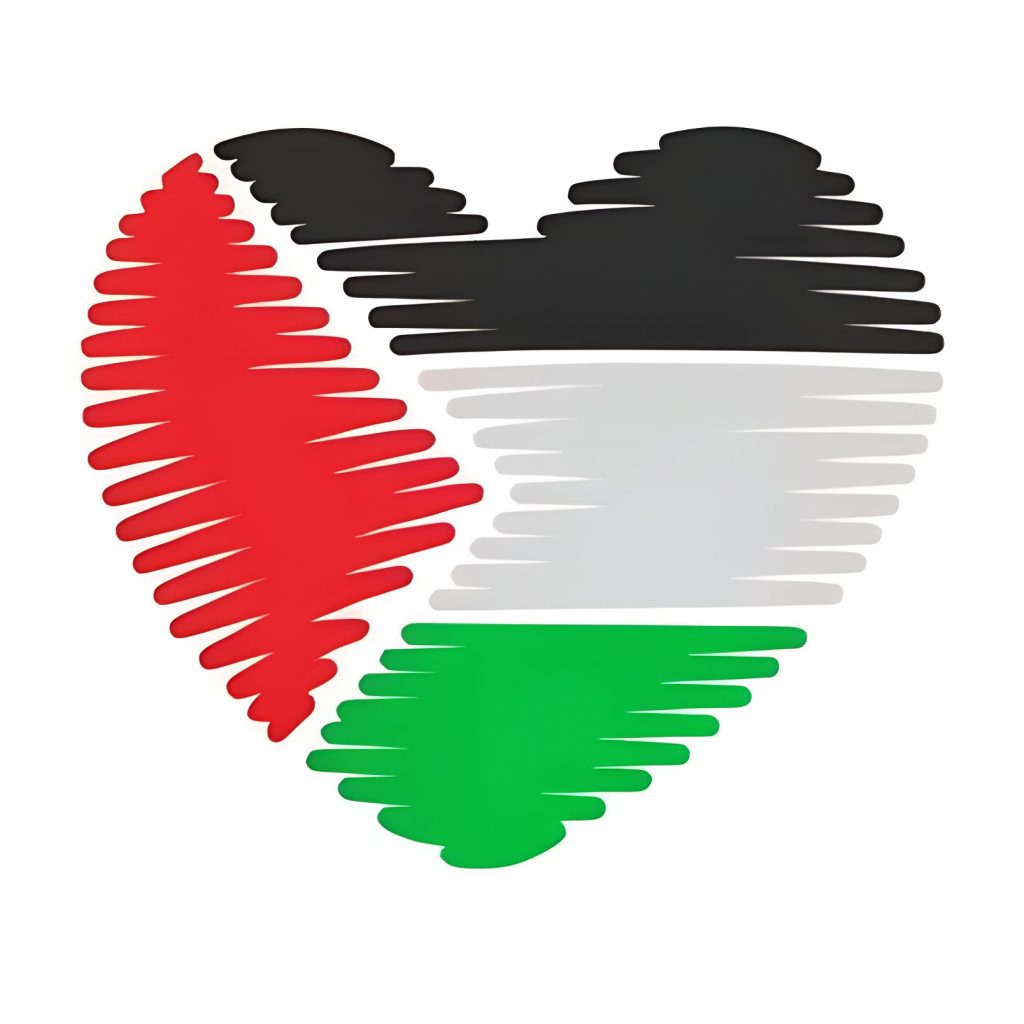The Israeli-Palestinian conflict, a protracted and deeply complex struggle, has significantly impacted the lives of millions, particularly the Palestinian people. This essay seeks to shed light on the profound suffering endured by Palestinians due to the ongoing Israeli occupation, highlighting their resilience and the imperative need for a just and peaceful resolution.
The historical roots of the occupation trace back to the mid-20th century, leading to decades of systemic challenges and adversities for Palestinians. At the core of their suffering is the loss of land and homes, where countless families have been displaced due to Israeli settlement expansion. The ongoing appropriation of Palestinian land has not only led to physical dislocation but has also disrupted the social and economic fabric essential for the community’s sustenance and growth.
In the West Bank, the presence of checkpoints and the construction of the separation barrier, often referred to as the „apartheid wall“ by Palestinians, have severely restricted freedom of movement. These restrictions impact everyday life, making it challenging for Palestinians to access education, healthcare, and employment opportunities. The constant threat of violence, arbitrary detentions, and the demolition of homes exacerbate the sense of insecurity and instability.
In the Gaza Strip, the situation is further compounded by blockades that have created a humanitarian crisis. The restrictions on goods and movement have devastated the economy, leading to high unemployment rates and poverty. Access to clean water, electricity, and healthcare is precarious, with frequent escalations in conflict exacerbating an already dire situation. The psychological toll on the people, particularly children, is immense as they grow up in an environment marked by fear, trauma, and uncertainty.
Despite these adversities, the spirit of resilience among Palestinians remains undeterred. Communities come together to support one another, preserving cultural traditions and advocating for their rights on international platforms. Grassroots movements and international solidarity efforts strive to bring attention to their plight, seeking to galvanize global action towards achieving peace and justice.
The suffering of Palestinians under occupation underscores the urgent need for a comprehensive solution grounded in respect for human rights and international law. A two-state solution, long envisioned by diplomatic efforts, promises mutual recognition and peaceful coexistence. However, achieving this requires a concerted effort from the international community to address power imbalances and ensure accountability.
In conclusion, the Israeli occupation’s impact on Palestinians is profound, touching every aspect of daily life. While the challenges are immense, the enduring hope for justice and peace inspires continued advocacy and dialogue. It is imperative for the global community to amplify Palestinian voices, support their rights, and work towards a future where peace and coexistence can truly flourish.

